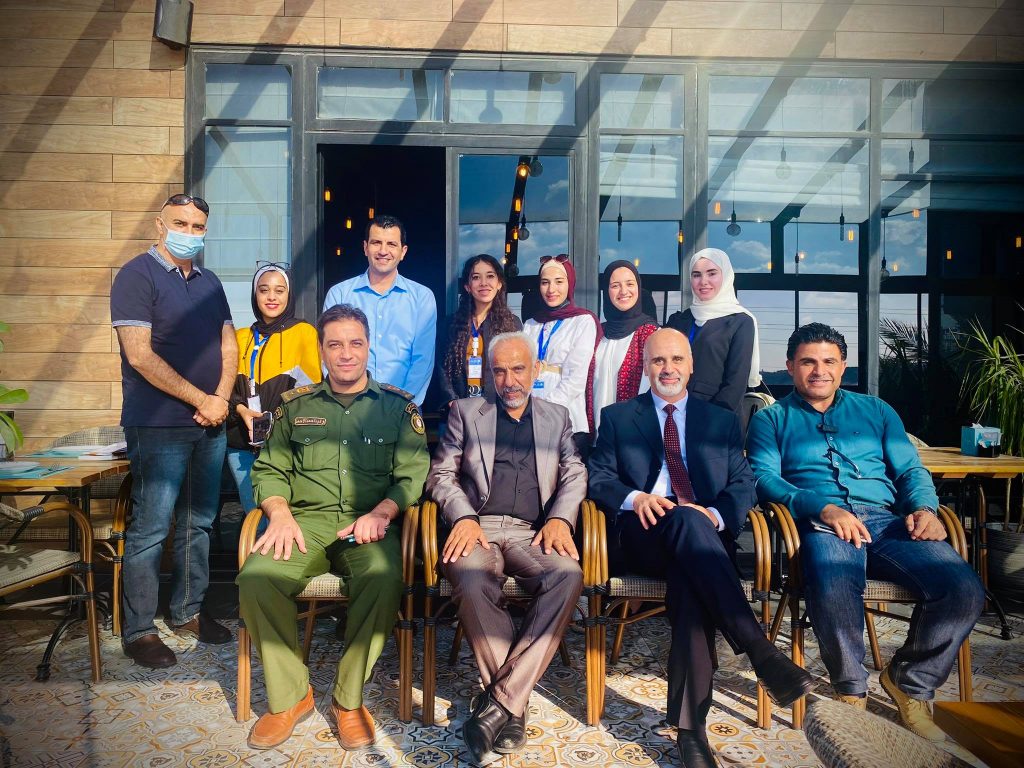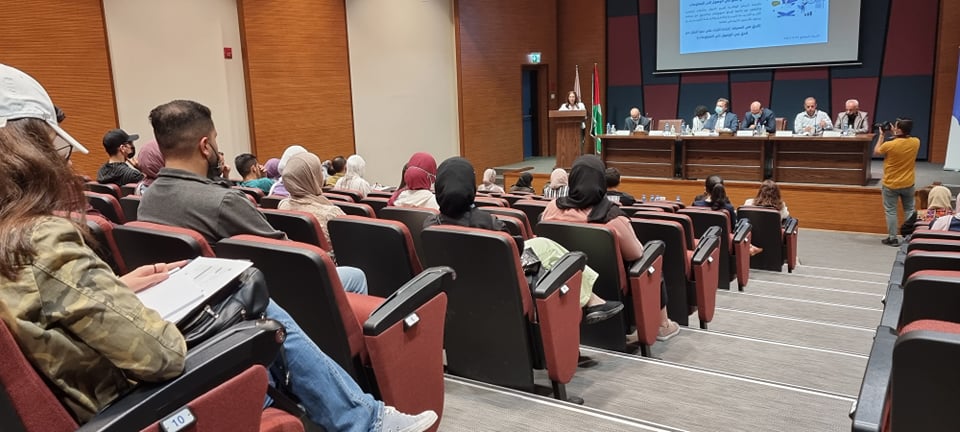Media and Climate Crisis: Women and Youth Perspectives
The Datamation Foundation Trust, India, in partnership with UN agencies and other Civil Society organizations are pleased to host one day International Webinar Conference in New Delhi, India to deliberate contemporary issues around two main themes: Media and Climate Crisis: Women and Youth Perspectives with the support of JMIC Monday 25 October 2021.
Climate Change is a major threat to life on the planet; now is the time to ACT. International legacy media as well as social media channels have heightened their attention to the Climate Crisis, not least pressurized by tens of thousands of young activists across the world and their promotion of Climate Action.
The webinar will further strengthen a Gender perspective on the Climate Crisis, since women have not only been most impacted; but have also emerged as the most vociferous and active advocates of Climate Action. Furthermore, the webinar will address the role of young leaders, stirring mass actions such as Fridays for Future (FFF), who have entered the media scene powerfully with their demands for a safe future.
More information: International Webinar: Media and Climate Crisis: Women and Youth Perspectives. MONDAY October 25, 2021, 2pm ECT/ 530pm Indian time – MediaClimate


